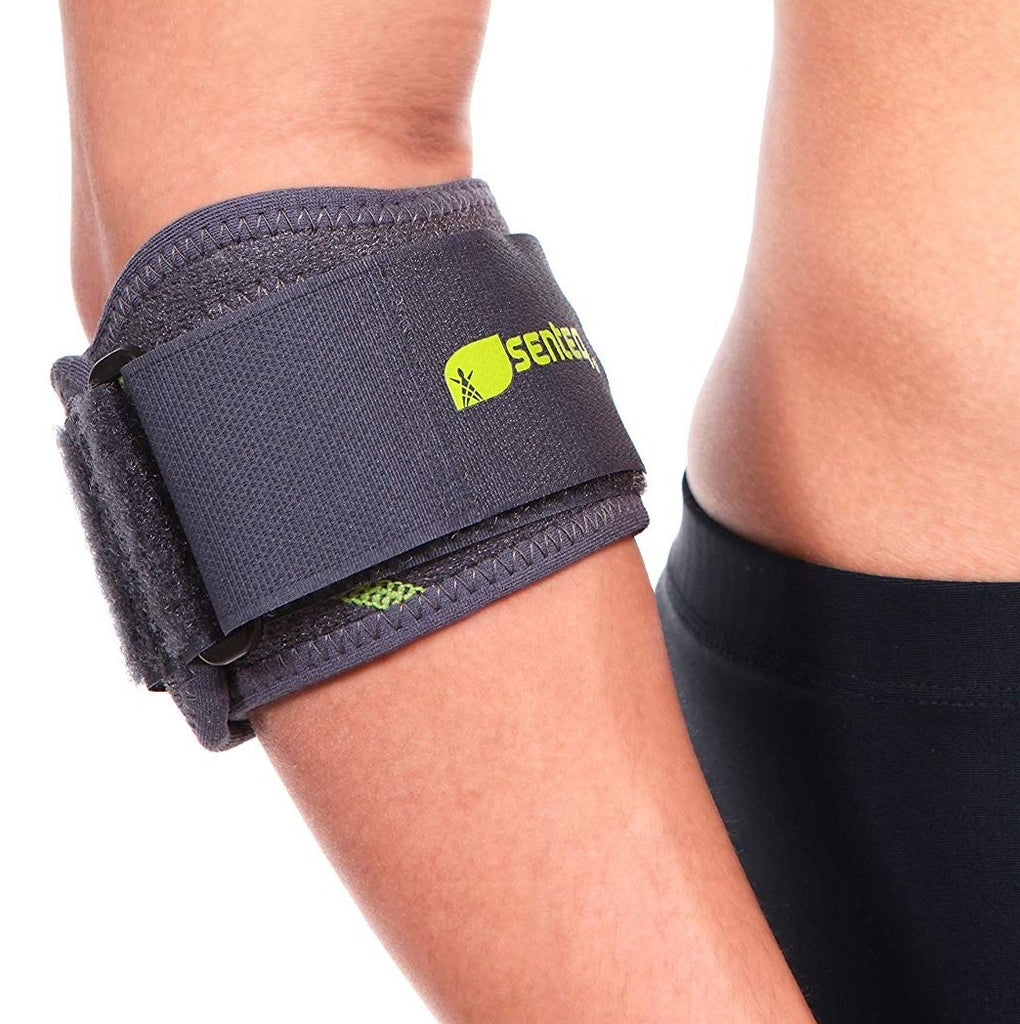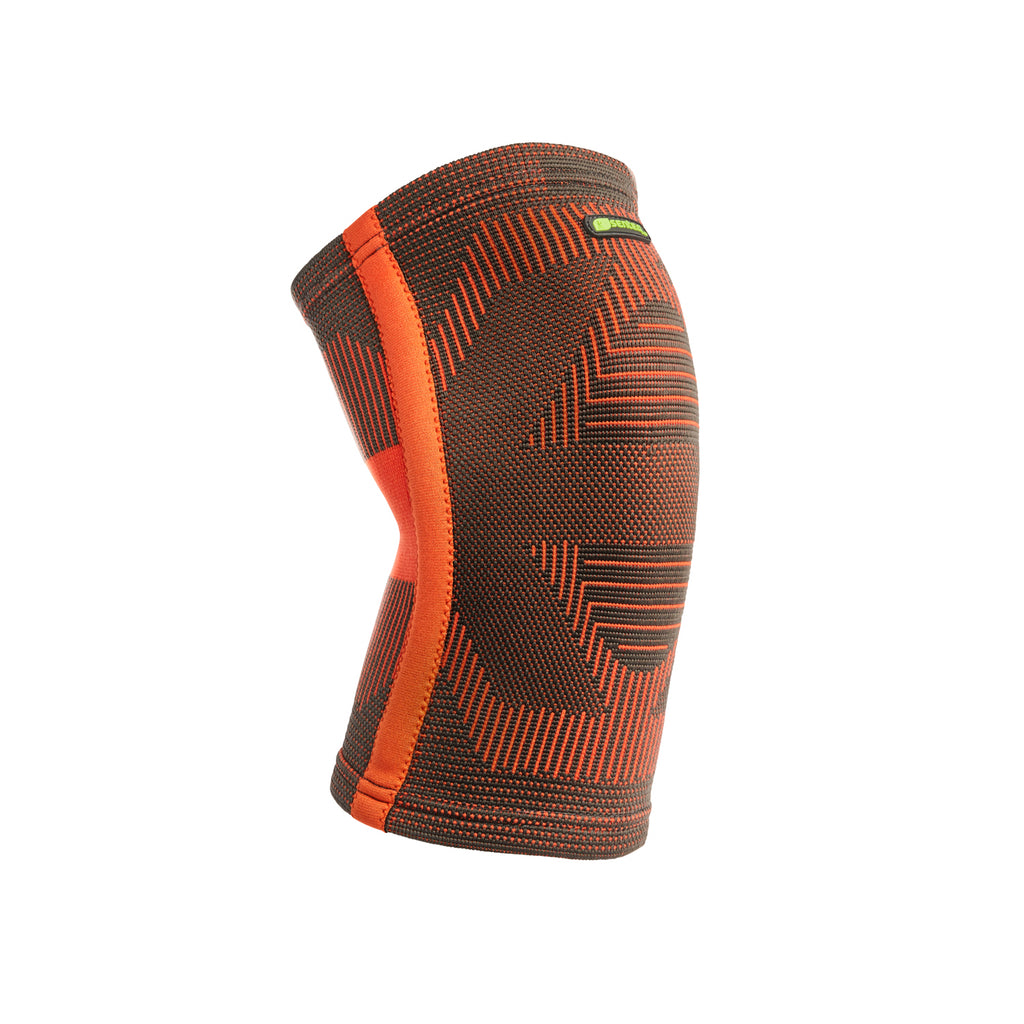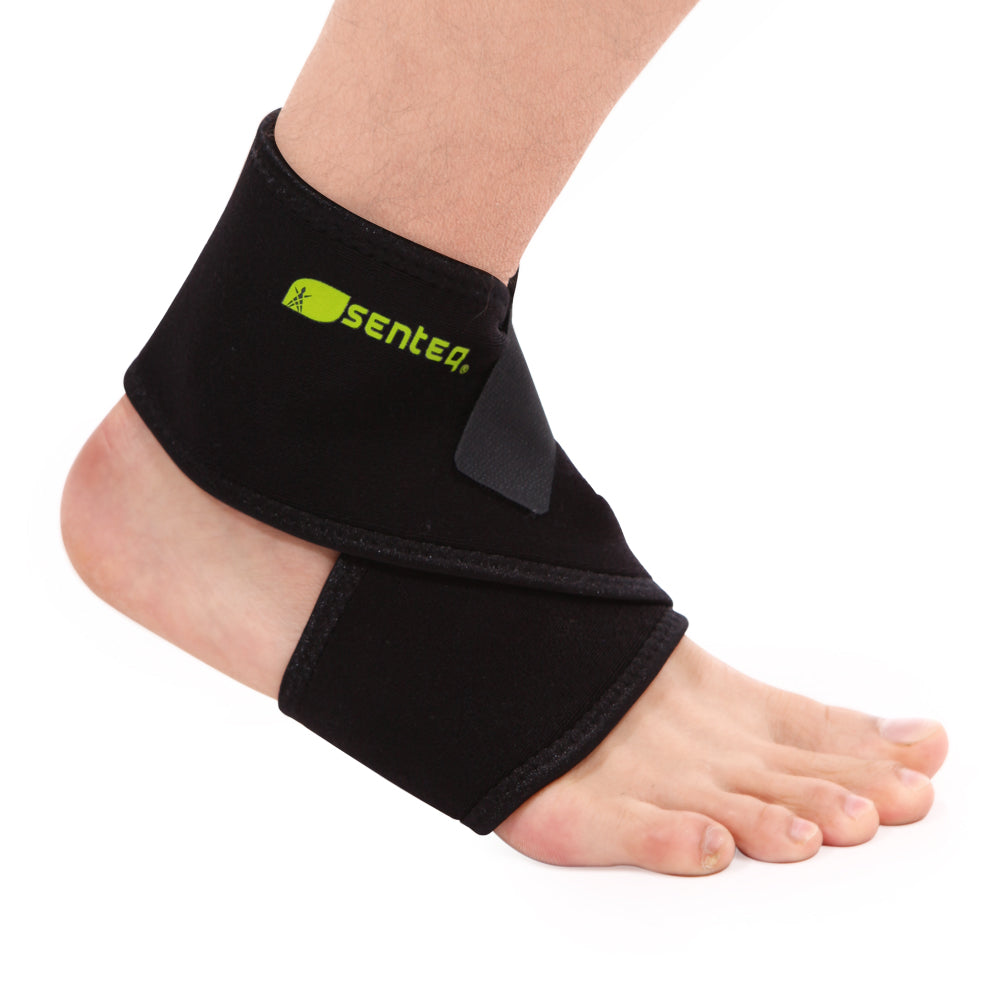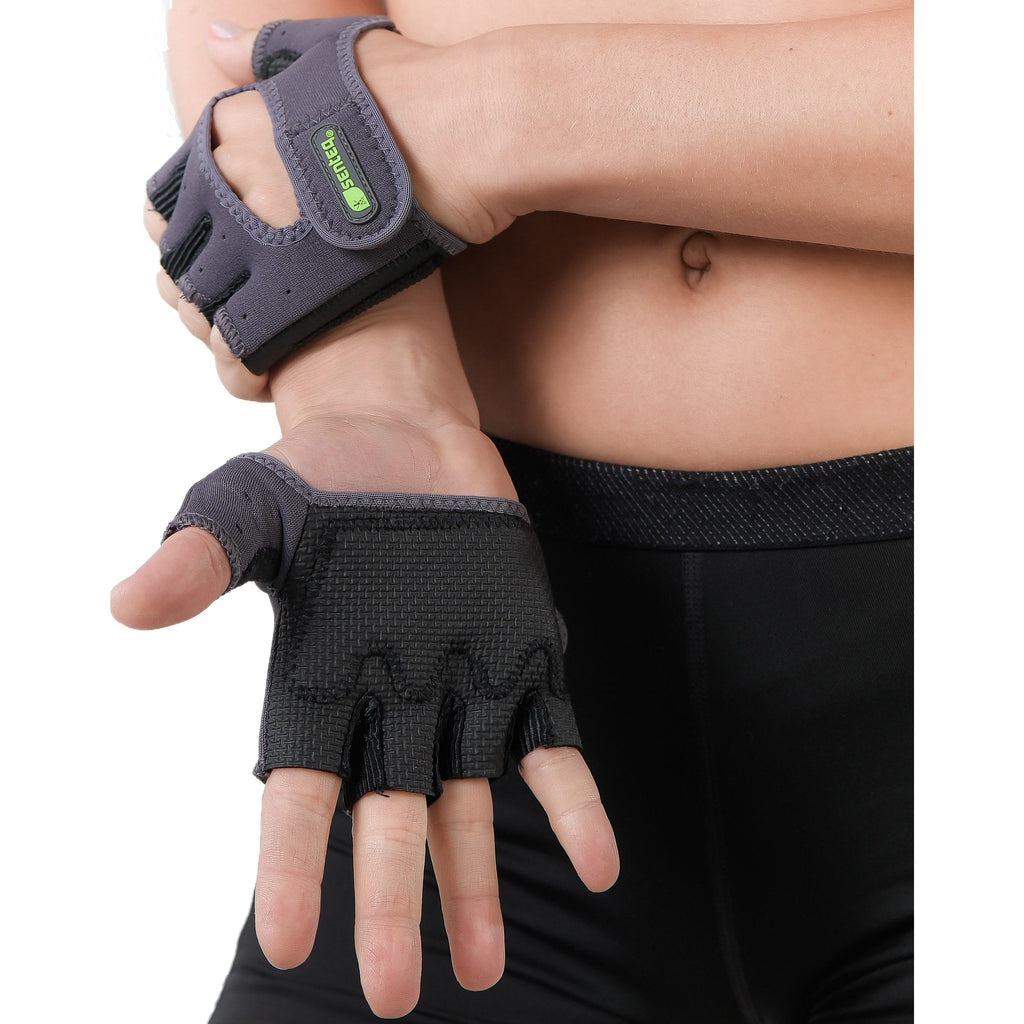Does Being Overweight Cause Joint Pain?
Every year in the United States, an estimated 33% of adults become obese, which leads to several health problems. One of these is joint pain. Excess weight places added stress on joints, particularly knees and hips, causing pain and damage.
In this blog article, you'll learn about how being overweight can cause joint pain and what you can do to prevent it.
How Can Obesity Cause Joint Pain?
Increased weight causes increased forces across the joints which leads to more wear and tear over time.
According to Kevin Fontaine, an assistant professor at Johns Hopkins University, just 10 pounds of extra weight increases the force on your knees by 30 to 40 pounds with every step you take.
It's no wonder that being overweight increases your risk of developing osteoarthritis by four to fivefold.
How to Prevent Joint Pain?
Joint pain can be a very troublesome symptom, and it can result in loss of productivity. To prevent this, you should start following a healthy regimen of exercise and diet.
While your body can't reverse arthritis, losing a few pounds can reduce the pressure on the joints and protect them from further damage.
The Best Methods for Losing Weight
Healthy eating and increasing physical activity are the best methods to help you lose weight. Although losing weight and keeping it off isn't easy, you can succeed by following these strategies.
1. Set Realistic Goals
If you're trying to lose weight, setting realistic weight-loss goals can help you stay motivated. Also, it's important to go into your goal with a good plan and see it through.
For example, you can set an achievable goal of losing 1 pound per week. Once you hit your initial goal, set another one of losing 2 pounds per week.
The key is to work on more physical things in your life rather than focusing on the scale every single day. The more active you are, the higher your chances of success, so getting out there and getting moving is essential!
2. Find a Diet Plan that Works for You
Weight loss can be pretty tough, but adopting a dietary plan can make it easier. When choosing a diet, find one that works with your body type and unique lifestyle.
Once you've found a diet that is right for you, keep that up and don't get discouraged, stick to it! Stay motivated and all will be well. With weight loss come so many different difficulties and struggles, but never give up on yourself.
3. Exercise
If you have arthritis, it can often make physical activity a struggle. However, there are many types of exercises you can do suited for osteoarthritis.
One good example is swimming. Moving in the water relieves pressure on your joints and makes it easier to move them.
Other moderate activities that you can try are walking and light resistance exercises.
4. Seek Social Support
Losing weight is hard but providing others the opportunity to be involved in helping achieve your goal is going to help speed up the process.
It's important to reach out and connect with people you trust to help you put hunger aside and not focus on your present body that makes you unhappy.
Research says that when people work out in groups and motivate each other, their losses are two to three times greater. They also have twice the chance of sticking with their workout habits.
Weight loss doesn't happen overnight, and a lot more often than not, it takes help from others both in the form of support and accountability.
Get Moving
Joint pain causes a lot of misery. Stop it before it starts. If you want to protect your knees, get moving now. One way to protect your knees while doing physical activities is by investing in the best knee brace. Knee braces provide stability to your knees and protect them from further damage.
Disclaimer: Although the information is gathered with great care, please note that the tips given on this website by no means substitute medical advice. If you're experiencing pain, consult your healthcare professional immediately and follow his advice regardless of what you've learned on this website.








